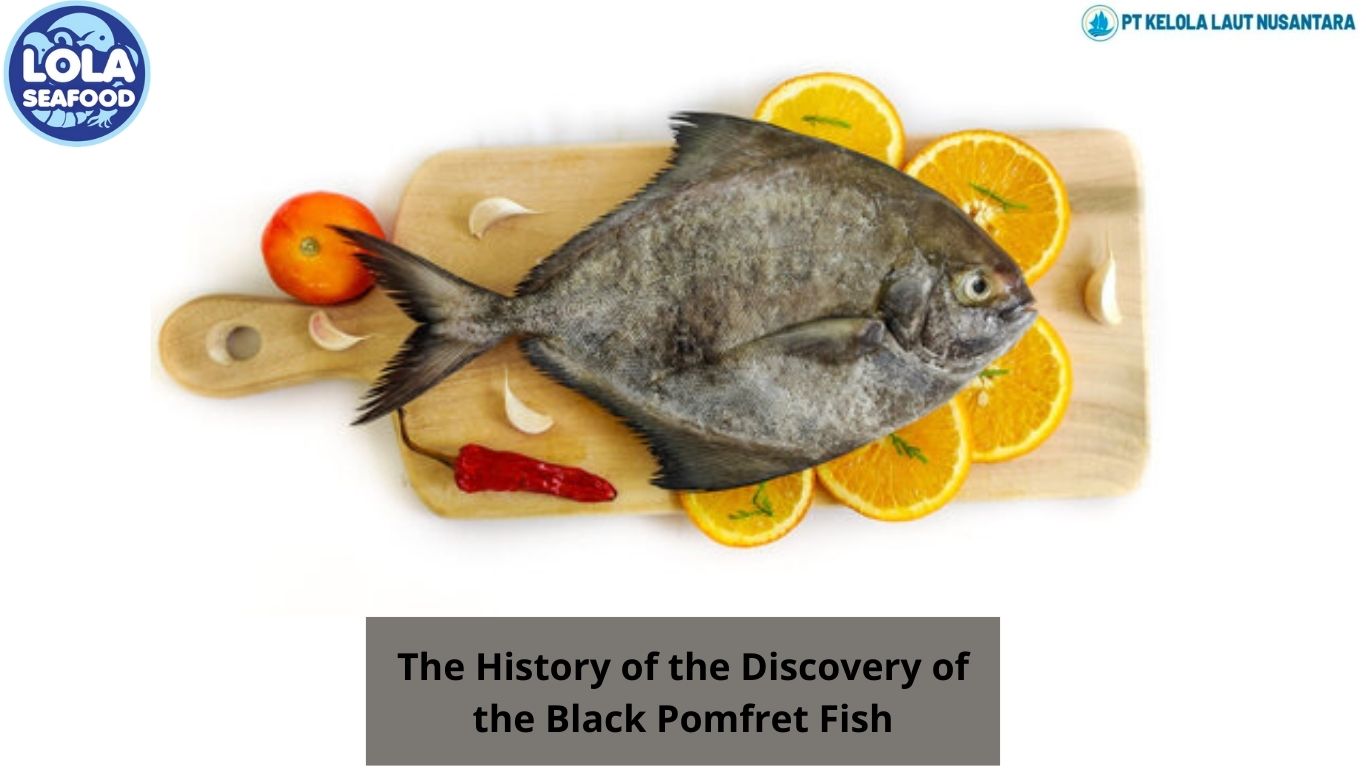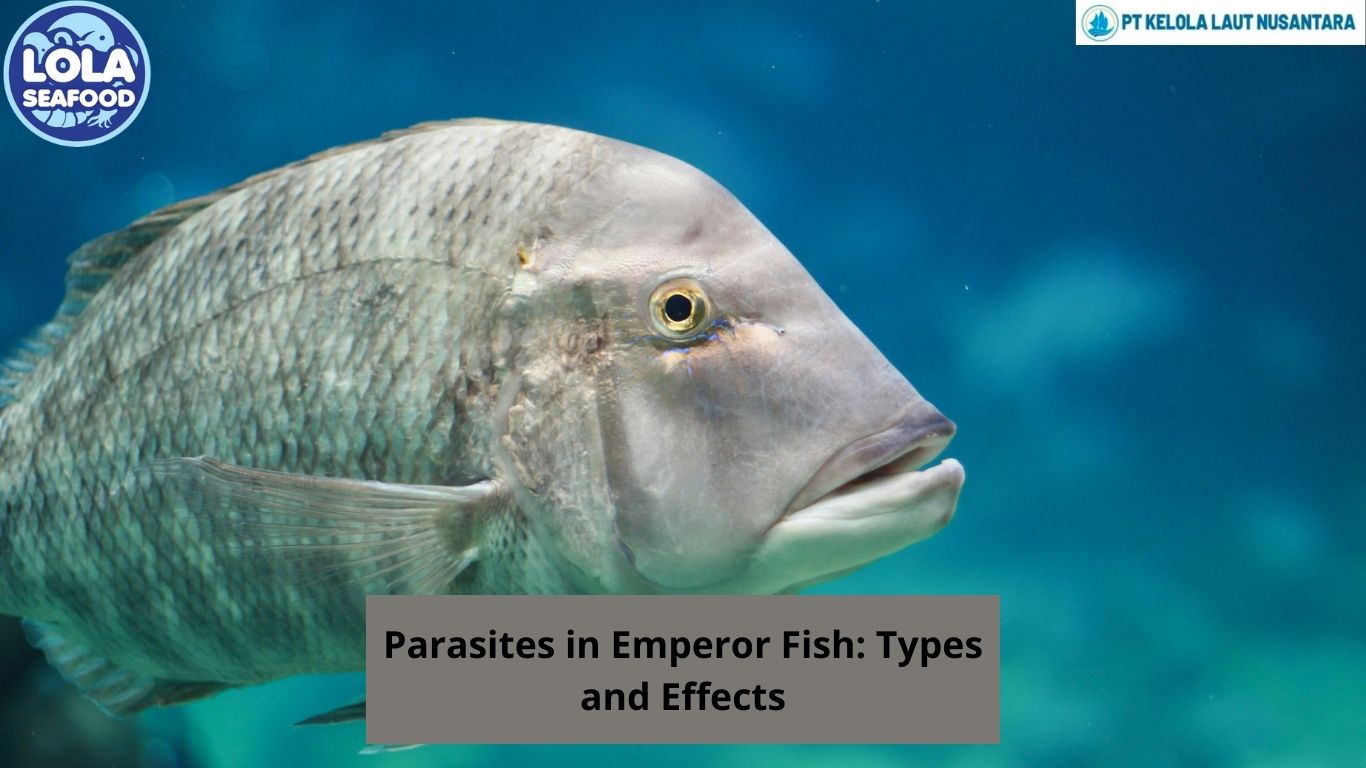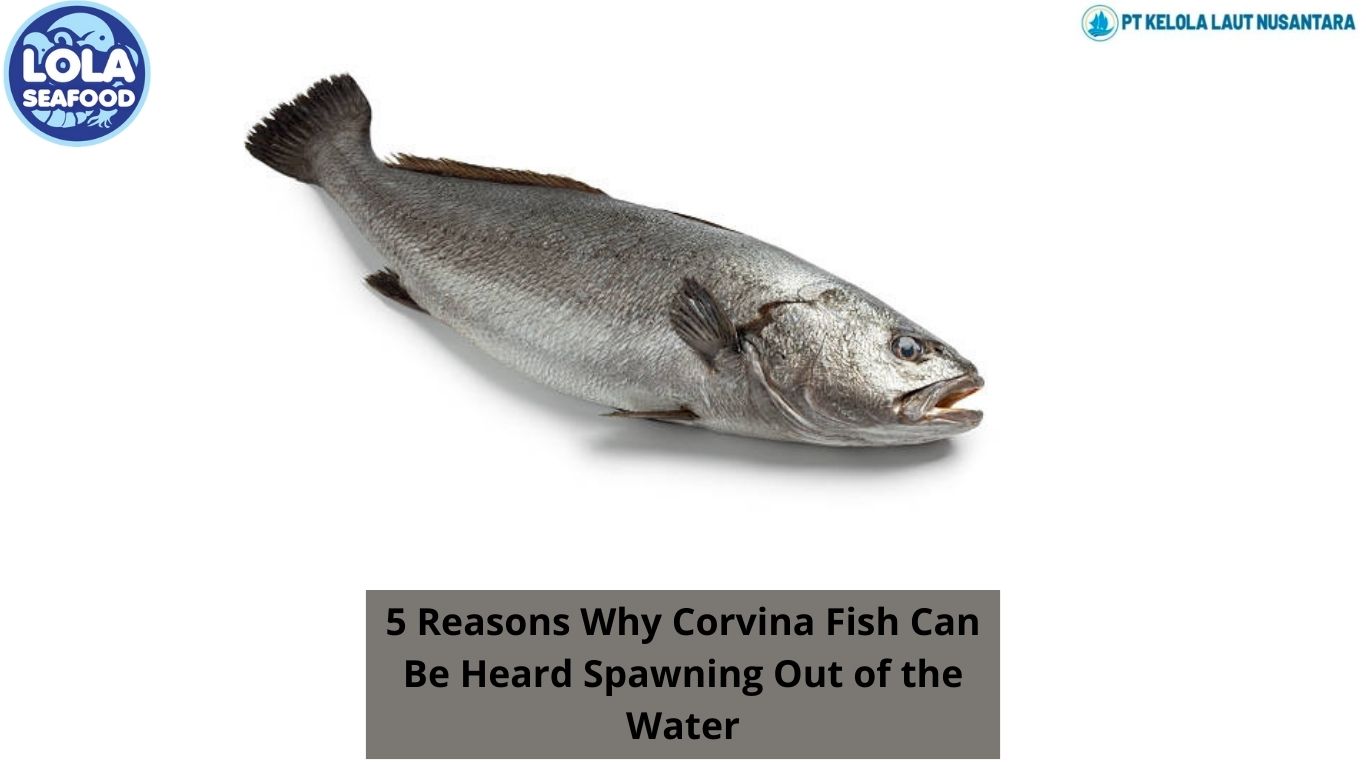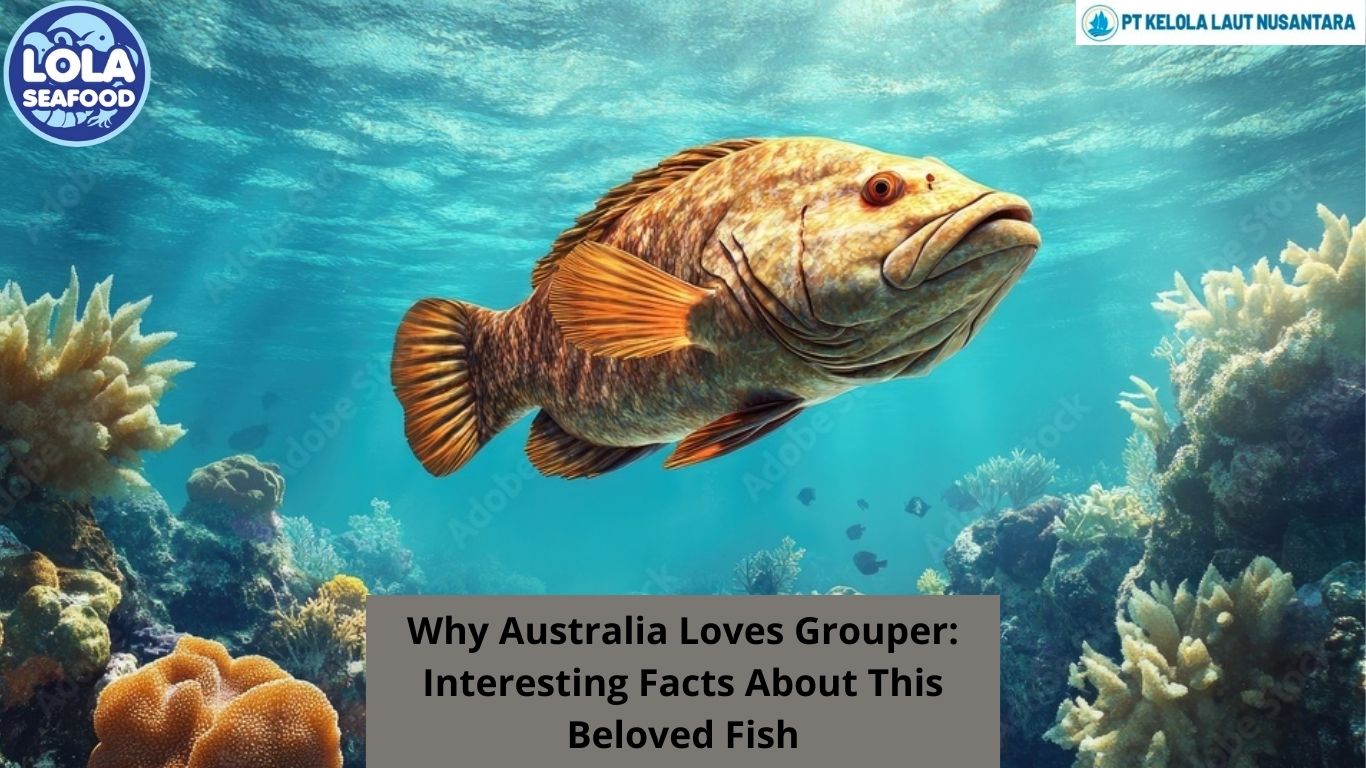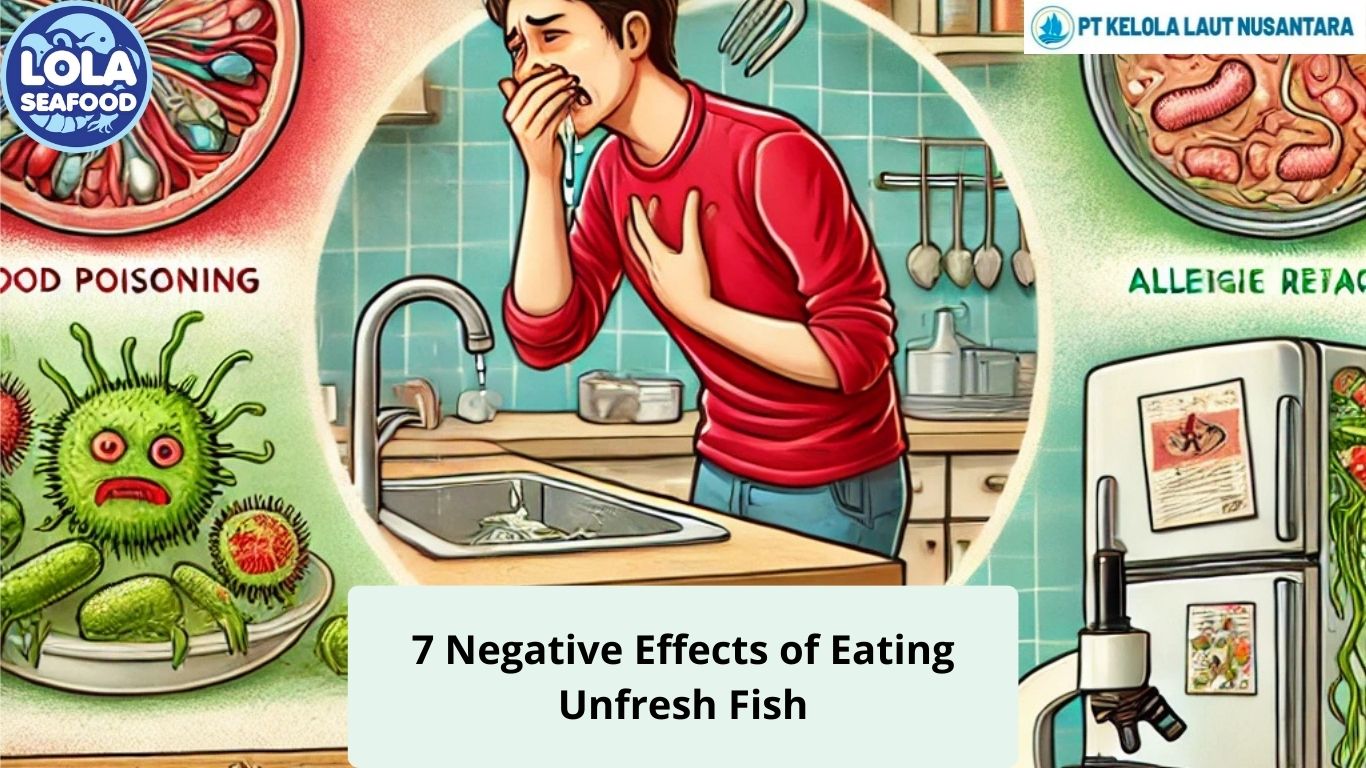The Negative Effects of Consuming Too Much Cuttlefish
By. Nugroho Luhur - 14 Feb 2025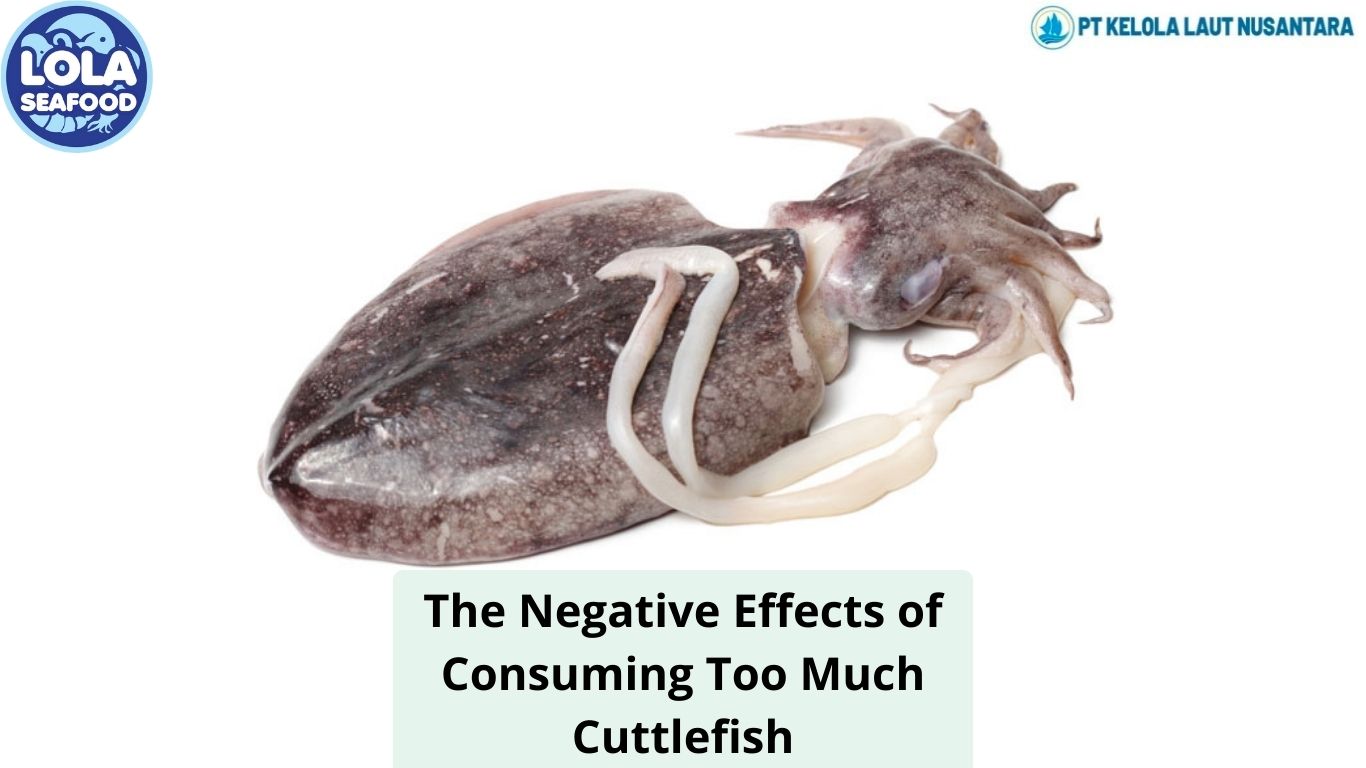
Kelolalaut.com Cuttlefish, a type of marine mollusc related to squid and octopus, is a popular seafood delicacy in many parts of the world. It is rich in protein, vitamins, and minerals such as iron, zinc, and selenium. However, excessive consumption of cuttlefish can lead to several health risks, including allergic reactions, heavy metal toxicity, and digestive issues. While cuttlefish can be a nutritious addition to a balanced diet, overindulging in it can cause more harm than good.
1. High Cholesterol Levels
Cuttlefish contains a significant amount of cholesterol. While dietary cholesterol does not always directly translate to high blood cholesterol levels, individuals with existing heart conditions or high cholesterol should be cautious. Eating too much cuttlefish regularly can contribute to an increased risk of cardiovascular diseases, including hypertension and stroke. Moderation is key to ensuring that cholesterol intake remains within healthy limits.
2. Heavy Metal Accumulation
Like many marine species, cuttlefish can accumulate heavy metals such as mercury, lead, and cadmium from polluted ocean waters. Consuming excessive amounts of cuttlefish over time increases the risk of heavy metal toxicity. High mercury levels, for example, can negatively affect the nervous system, particularly in pregnant women and young children. Symptoms of heavy metal poisoning include fatigue, memory loss, and kidney damage. To minimize this risk, it is essential to source seafood from reputable and clean waters.
3. Allergic Reactions
Shellfish allergies, including reactions to cuttlefish, are common and can be severe. Some individuals may experience mild symptoms such as itching, swelling, and digestive discomfort, while others may suffer from life-threatening anaphylaxis. Overconsumption may increase the chances of developing sensitivities over time. Those with a history of seafood allergies should be particularly cautious when consuming cuttlefish.
4. Digestive Issues
Cuttlefish is high in protein, which can sometimes be difficult for the body to digest, especially when consumed in large quantities. People with sensitive stomachs may experience bloating, stomach cramps, diarrhea, or constipation after eating too much cuttlefish. Additionally, fried or heavily spiced cuttlefish dishes can exacerbate acid reflux and indigestion. Eating smaller portions and pairing cuttlefish with fiber-rich foods can help mitigate digestive discomfort.
5. High Sodium Content
Many cuttlefish dishes, particularly dried or processed versions, contain high levels of sodium. Excess sodium intake is linked to increased blood pressure, kidney strain, and water retention. People who consume large amounts of cuttlefish regularly, especially in processed or preserved forms, may be at risk of hypertension and related complications. Choosing fresh, unprocessed cuttlefish and reducing added salt can help minimize this risk.
While cuttlefish is a delicious and nutrient-rich seafood, excessive consumption can lead to various health problems, including high cholesterol, heavy metal accumulation, allergic reactions, digestive discomfort, and increased sodium intake. To enjoy the benefits of cuttlefish without negative consequences, it is best to consume it in moderation, ensure proper sourcing, and maintain a balanced diet. By making mindful dietary choices, one can savour the taste of cuttlefish while avoiding potential health risks.
If youre interested in our Cuttlefish Whole Round, Cuttlefish Fillet, Cuttlefish Pineapple Cut, and Cuttlefish Whole Cleaned please do not hesitate to contact us through email and/or whatsapp.
